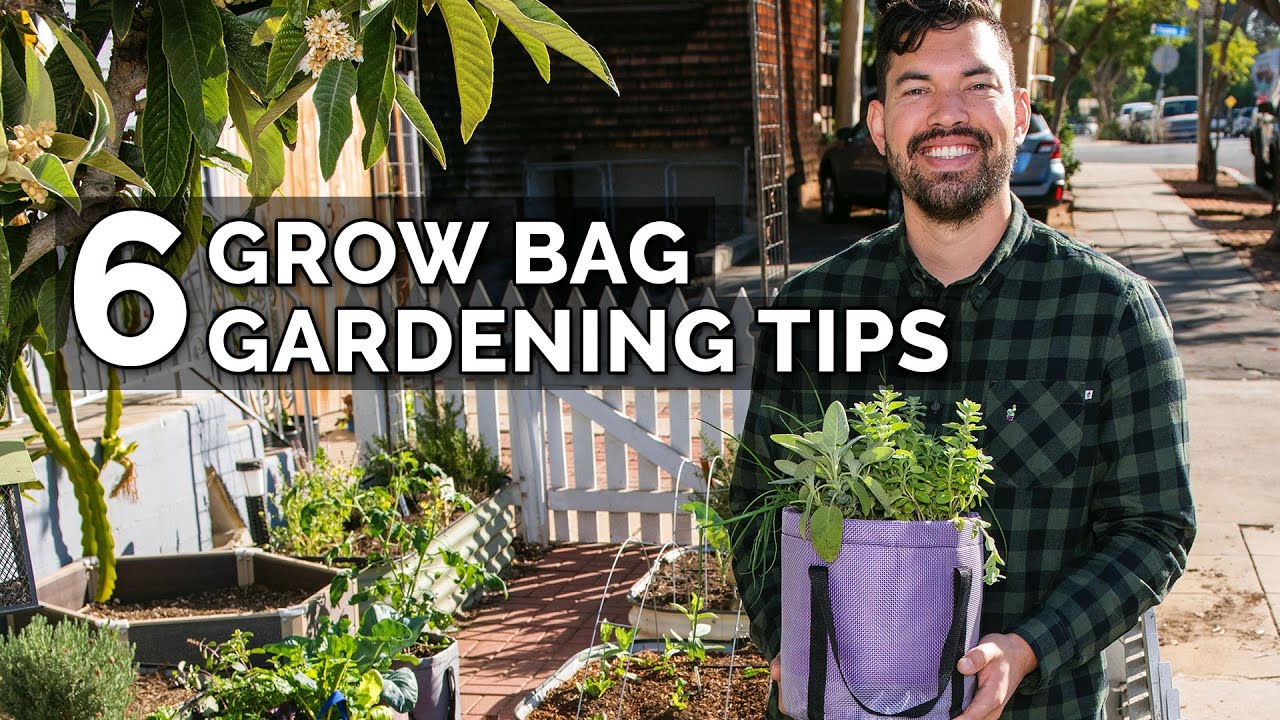
While most vegetable varieties are well suited to container gardening, you should consider a few things. You need to choose plants with large root networks. Some vegetables require space to spread out, so smaller pots will not be able to support them. Others will require more soil and a larger pot. Bush beans, which are extra short and slim snap beans, grow quickly and produce great tasting beans. They can also be used in stir-fry dishes. Indeterminate tomatoes can be grown in large containers but require a larger pot.
You should also consider the space you have available when selecting a container to house your plants. A large container should be large enough for your crop. A 5-gallon bucket is ideal for small-scale containers and can be used for multiple crops. This is why a small plastic or organic bucket is best. It's easy and quick to refill. You can also rotate the planter once a week.

It is also important to choose the right soil. You can help your crops grow by using nutrient rich compost and granular fertiliser. Always follow the directions when you plant. Gardeners often mix organic granular fertilizer in the soil before they plant. For your plants to be fed, you can also add liquid fertilizer like fish emulsion, liquid seaweed, or liquid sand. For better drainage, don't forget mulch!
Make sure you consider the climate and type of soil that your area has when selecting the plant to grow inside your container. This will depend on the location. A sunny spot with some shade is preferred. Vegetable plants will thrive in containers no matter what type of soil they are planted in. If you don’t wish to start a permanent garden, grow your vegetables in a large bag.
Be aware that different types of vegetables require different amounts sun exposure when choosing the size of the container. For example, a large tomato tree will need more space than a small lettuce leaf. You should be sure that your container is large enough to drain water. It should be deep enough that it can hold roots of smaller plants. A container that is at least 4 inches deep is best for large plants.

Vegetables can be grown in containers in a variety different containers. Most vegetables will adapt to life in containers and tend to grow in small containers. There are three types of plants that are suitable for container gardening: dwarfs; space masters; and space missers. A space-saving plant's name refers to the container it grows in. These plants can be used for container gardening. You can choose between many types of vegetable varieties, depending on the type of soil you're growing.
FAQ
When to plant flowers?
Planting flowers during springtime is best when temperatures are warm and the soil feels moist. If you live in a cold area, plant flowers only after the first frost. The ideal temperature for growing plants indoors is around 60 degrees Fahrenheit.
How often do I need to water my indoor plants?
Watering indoor plants should be done every two days. It is important to maintain the humidity level in your home. Healthy plants require humidity.
What is the best way to determine what kind of soil I have?
The dirt's color can tell you what it is. Organic matter is more abundant in dark soils than those with lighter colors. Soil tests are another option. These tests assess the soil's nutritional content.
Can I grow vegetables indoors
Yes, you can grow vegetables indoors during winter. You will need a greenhouse or grow lighting. Before you do this, make sure to verify the local laws.
What is the best vegetable gardening layout?
It all depends on where you live. For easy harvesting, you can plant vegetables together if the area is large. You should plant your vegetables in groups if you live outside of the city. This will ensure maximum yield.
Statistics
- Today, 80 percent of all corn grown in North America is from GMO seed that is planted and sprayed with Roundup. - parkseed.com
- 80% of residents spent a lifetime as large-scale farmers (or working on farms) using many chemicals believed to be cancerous today. (acountrygirlslife.com)
- According to a survey from the National Gardening Association, upward of 18 million novice gardeners have picked up a shovel since 2020. (wsj.com)
- According to the National Gardening Association, the average family with a garden spends $70 on their crops—but they grow an estimated $600 worth of veggies! - blog.nationwide.com
External Links
How To
How can I keep weeds away from my vegetable gardens?
Growing vegetables that are healthy is not possible due to weeds. They compete for water, nutrients, sunlight, and space. To prevent them from taking over your garden, use these tips:
-
Take all flowers and plant material.
-
Clean up any plant debris at the base
-
Mulch is a good choice
-
Get water regularly
-
Rotate crops
-
Don't let grass grow for too long
-
Keep soil moist
-
Plant early
-
Harvest often
-
Add compost
-
Avoid chemical pesticides
-
Grow organic vegetables
-
Buy heirloom seeds
-
Start small
-
Learn more about companion planting
-
Be patient
-
Enjoy gardening!